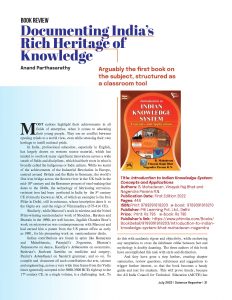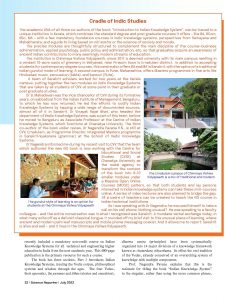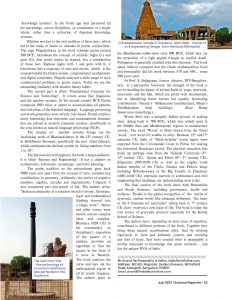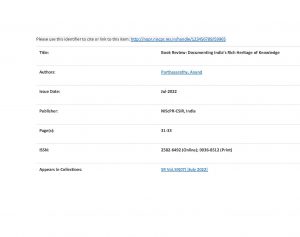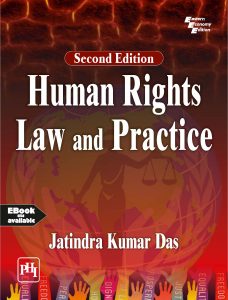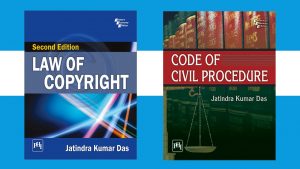Throughout history, ghosts have symbolized bad omens, often representing the souls of deceased individuals trapped between the world of the living and the afterlife due to unfinished business. In Shakespeare’s Hamlet, the appearance of the ghost (seemingly King Hamlet) has sparked extensive debate among critics and scholars. Prior to meeting the ghost, Hamlet expresses his dissatisfaction with his mother’s hasty marriage to the new King, creating a backdrop of emotional turmoil that heightens the significance of the ghost’s appearance.
In the play, the ghost becomes a catalyst for Hamlet’s descent into madness, with some critics suggesting that Hamlet feigns insanity to gather information on his father’s death, while others believe the ghost’s presence triggers a real psychological breakdown. The ambiguity surrounding the ghost’s nature—whether it is a supernatural being or a manifestation of Hamlet’s mental illness—has captivated audiences and created a compelling tension within the play.
Shakespeare’s use of the ghost in Hamlet allows for multiple interpretations, making it a fascinating study in both literary and psychological analysis. On one hand, the ghost serves as a supernatural presence that is rooted in the cultural beliefs of the time. On the other hand, it can be viewed as a psychological element, representing Hamlet’s inner turmoil and paranoia. This duality leaves the audience to question the truth behind Hamlet’s experience, creating a narrative that is simultaneously believable and open to speculation.
The Symbolism of the Ghost: Themes in Hamlet
The ghost’s presence in Hamlet evokes several themes that deepen the complexity of the play:
- Vengeance: The ghost’s primary purpose is to seek revenge for his murder. By urging Hamlet to avenge his death, the ghost sets the stage for the events that follow, fueling the theme of vengeance throughout the play.
- Instability in Denmark: Some critics interpret the ghost as an omen of political instability in Denmark, symbolizing the crumbling of order within the nation. Hamlet’s encounter with the ghost can be seen as a manifestation of his conscience, urging him to restore balance to the kingdom.
- Insanity: The ghost symbolizes madness, as it challenges Hamlet’s sense of reality and causes him to spiral into irrational behavior. This theme of insanity is further complicated by the uncertainty of whether the ghost is a hallucination or a real entity, leaving the audience to question Hamlet’s mental state.
Explore Shakespeare’s Hamlet with Affordable Academic Textbooks from PHI Learning
If you’re interested in exploring Shakespeare’s Hamlet and its enigmatic ghost in greater detail, look no further than PHI Learning’s Shakespeare Plays Series! Our academic textbooks provide affordable access to carefully curated editions that offer in-depth analysis, commentary, and historical context. Here’s what you can expect from PHI Learning’s affordable academic textbooks:
- Meticulously edited full texts of Shakespeare’s plays with expert annotations and commentary.
- Well-designed pages for easy readability, perfect for students of all levels.
- Thoughtful introductions that provide valuable context for a deeper understanding.
- Detailed explanatory footnotes that clarify complex passages.
- Act and scene summaries that simplify the play’s structure.
- Concise plot summaries to help students grasp the main events and themes.
- Critical essays that explore the major themes of each play—ideal for academic analysis.
Our Shakespeare Plays Series is an excellent resource for students, teachers, and anyone studying literature. These academic textbooks make Shakespeare’s plays accessible while offering insights into his works, making them ideal for literary analysis, research, and classroom study.
For more information about PHI Learning’s Shakespeare Plays Series, visit our Shakespeare plays web page.
For details on Hamlet by William Shakespeare, visit the book details page here.
Explore our collection of affordable academic textbooks today and gain a deeper understanding of Shakespeare’s works, perfect for enhancing your studies and academic writing.

